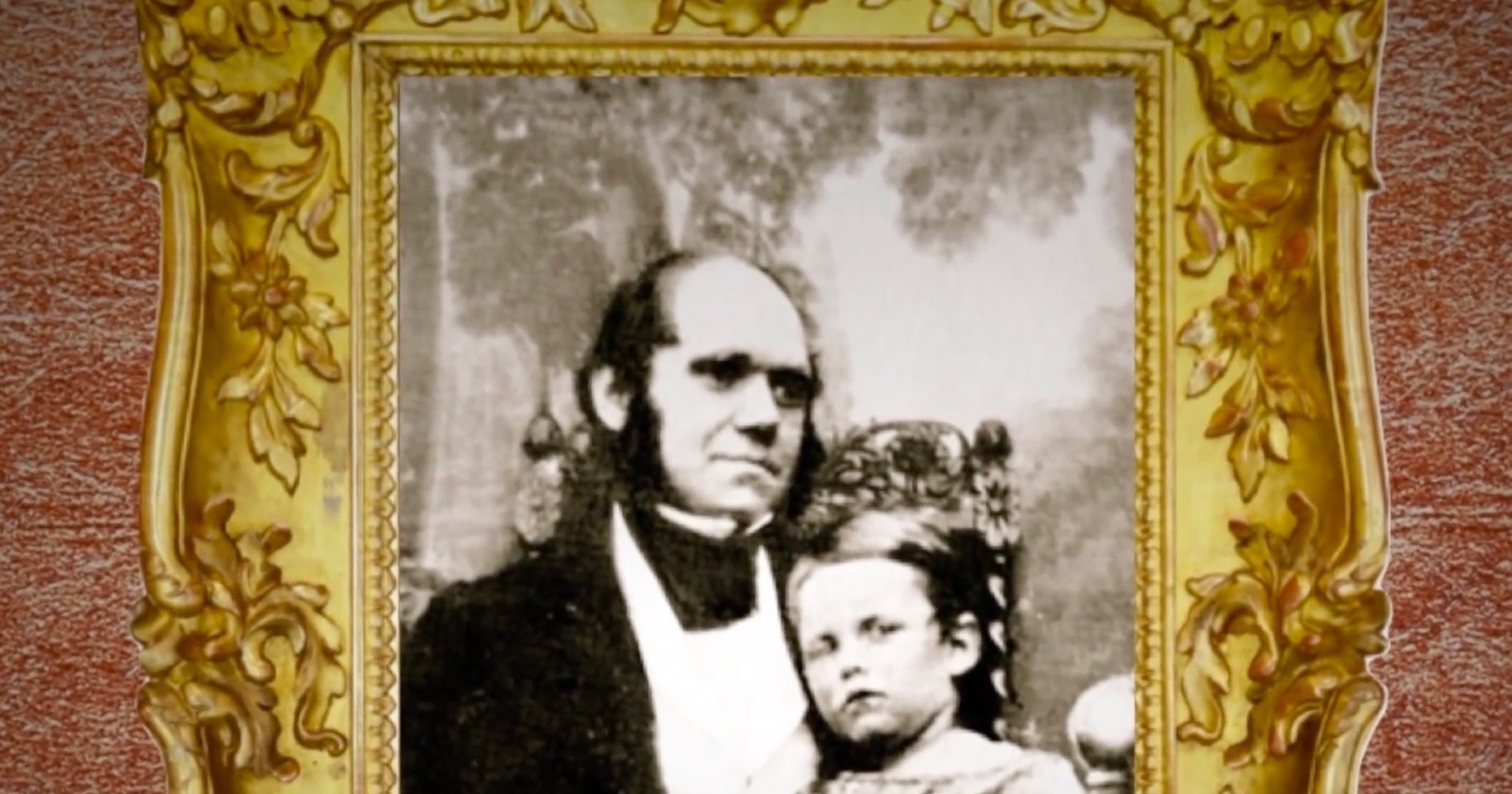 Evolution
Evolution
 Human Origins
Human Origins
Darwin on Trial (Again)

Editor’s note: We are delighted to host a new series by Neil Thomas, Reader Emeritus at the University of Durham, “How I Came to Take Leave of Darwin,” of which this article is the second installment. Find the full series here. Professor Thomas’s recent book, Taking Leave of Darwin: A Longtime Agnostic Discovers the Case for Design, is available now from Discovery Institute Press.
It is self-evident that any dispute concerning Darwin must have far-reaching implications for society beyond the world of the biological sciences because Darwin’s strictly materialist theories of human origins and evolution came to oust the idea of the world as a divinely created and providentially directed planet. Hence, if a group of eminent biologists and other scientists could no longer support the claims on which those profound inferences depend (and on which, rightly or wrongly, the worldview of many in the West rests), this must incontestably be a matter of some existential moment, and, I concluded, deserving of far more than the cursory examination I had given to the subject heretofore. This inspired me to make amends for my previous inattention by making the attempt to unpack both the scientific evidence for Darwinism and the wider ramifications of its acceptance by Western society as a whole.
A Surprising Journey
Since biology specialists had, in a manner of speaking, been largely left to mark their own homework for upwards of 160 years, an independent audit, I felt, was overdue, especially since I came to perceive the field of evolutionary research as being distorted by a considerable ideological bias (with some honorable exceptions). Albeit a complete outsider to the biological guild, I came to see myself in the role of foreman of a jury in a technical legal trial tasked with weighing up complicated evidence with as much insight and impartiality as I could muster. I felt that as a specialist in European languages I could usefully bring to bear my professional linguistic experience in parsing the written word to the presentation of biological evidence. With regard to this hoped-for transfer of skills, I felt that having once taught university courses on the propaganda techniques used both by the Nazis and by the functionaries of the old Communist regime in the German Democratic Republic (East Germany) might possibly have given me valuable experience in decoding some of the more tendentious forms of argumentation used by biologists to solicit conformity with a party line. My attempt to disentangle this “case” forensically was to lead me on what was often a surprising journey of discovery.
Simian Ancestry?
Darwin’s major hypothesis concerning the idea of a biological continuum with its Ascent of Man narrative from ape to Homo sapiens (which I, in the company of doubtless numberless others, had previously accepted by dint of little more than passive osmosis) had, I now discovered, been cast into considerable doubt on a whole host of fronts by recent discoveries. In particular, the idea invoked of a crossover from one species to another appears highly problematical in view of the practical experience of animal husbandry, where selective breeding has considerably greater success in bringing about minor changes than major ones (which in fact remain unheard of to date). For it is now thought that the genetic code possesses what might for convenience be termed an inbuilt fail-safe system to ensure genetic homeostasis and the integrity of the species.
Darwin envisioned the momentous ontological change from ape to man occurring gradually by way of “transitional forms.” Pressing far too heavily on time itself as a causal agent, he advanced the untestable hypothesis that the changes will have taken place during the billions of years separating our present day from the supposed time of the first appearance of a simian species on our planet. Since this theory is beyond the reach of any possible empirical test, it requires alternative evidential back-up. Unfortunately for Darwin there is a dearth of any fossil evidence establishing the claimed evolutionary “missing links,” a large lacuna which Darwin was aware of but still hoped might be remedied in finds after his day (vainly to date, it must be added, and the notorious Piltdown fraud only served to underscore the evidentiary gap)1.
Next, “Darwin’s Many Doubts.”
Notes
- See my Taking Leave of Darwin, pp. 74-6 and for further details of this still unsolved “cold case” John Reader, Missing Links. The Hunt for Earliest Man, second edition (London: Pelican, 1988), pp. 59-78.
